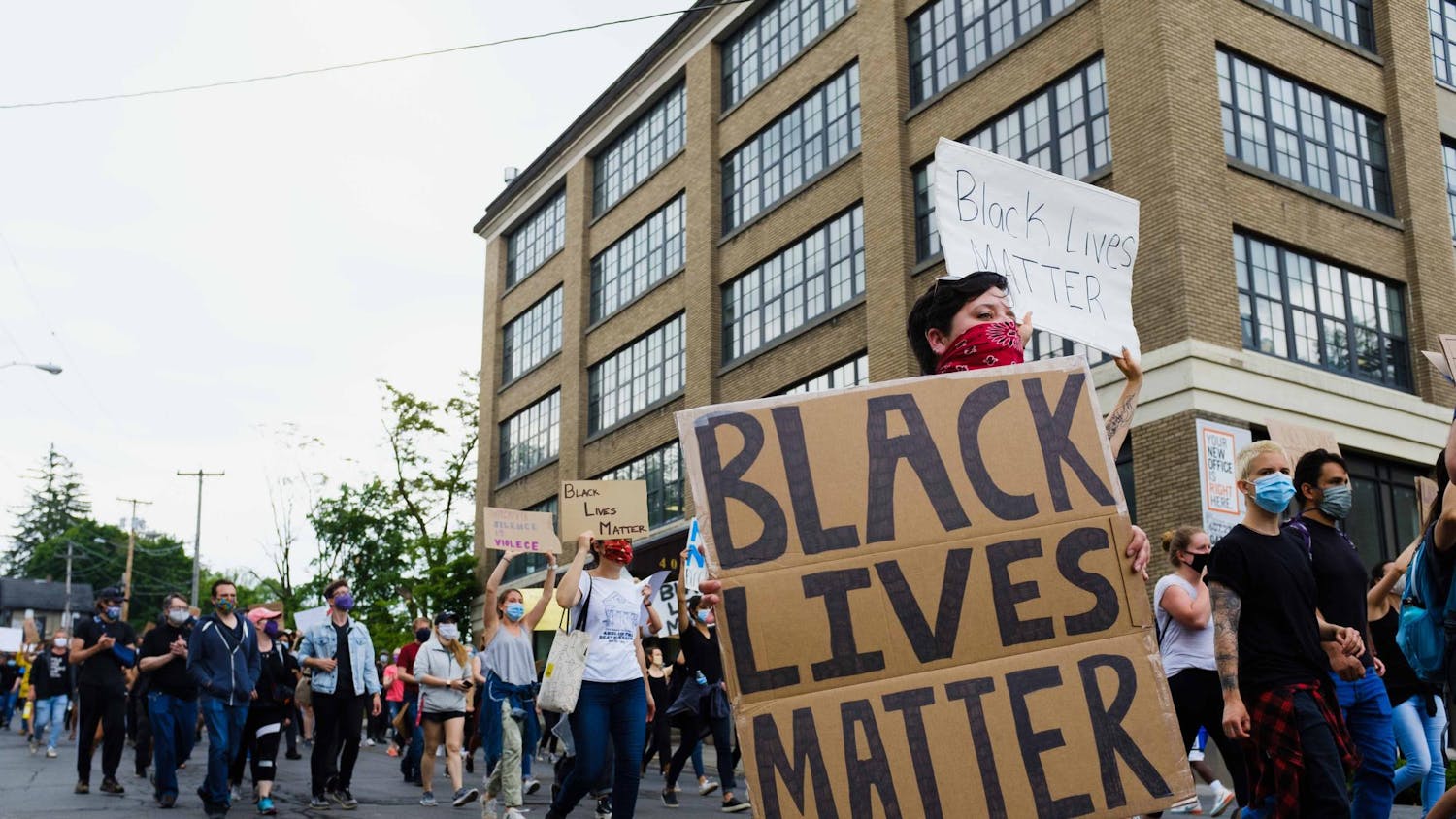Since making history in 1970 as the first women’s studies program founded in the Ivy League and the second program of its kind in the country, the Feminist, Gender and Sexuality Studies department celebrated its 50th anniversary this year.
Durba Ghosh, director of the FGSS Program, said that the program shares the same commitment today as it did 50 years ago, but now on a global scale.
“The scholars who founded the program and the folks who are affiliated with it now are committed to thinking critically about structures and practices that generate class, gendered and racial inequalities,” Ghosh said.
The first Female Studies course, “The Evolution of the Female Personality: History and Prospects,” was offered in 1970. A year later, a group of faculty worked on a proposal to create a formal Women’s Studies Program in the College of Arts and Sciences.
In 1982, the undergraduate concentration in Women’s Studies was approved, and a decade later, it was approved as a formal undergraduate major in 1992 in the College of Arts and Sciences.
But while its founding made Ivy League history, the program has undergone major development to keep apace changing societal trends. In 2002, the Women’s Studies Program changed its name to Feminist, Gender, and Sexuality Studies in order to better reflect its expanding LGBT course offerings, in addition to its existing classes exploring women and feminism.
“We are painfully aware that LGBT [studies’] upcoming 30th anniversary coincides with efforts to repeal landmark legal victories, both at home and abroad, and with continued threats of physical violence against sexual minorities, especially trans women of color,” said Prof. Sara Warner, performing and media arts, Director of the LGBT Studies Program.
The major has continued to evolve as “our scholarship more explicitly embraces global perspectives,” Ghosh said, who explained that “about half of our colleagues work on subjects outside the U.S. and Europe.”
Today, FGSS students typically look at gender and sexuality as social constructs, exploring how these terms are defined differently in diverse global and historical contexts. There is also a focus on analyzing the relationship between feminism, gender and sexuality with cultural, social and political institutions.
“We are the only program in the Ivy League that uses ‘feminist’ in our name, which is very important for claiming the space of feminist studies as a scholarly pursuit,” Ghosh said.
According to program faculty and staff, recent FGSS graduates have gone on to pursue a wide breadth of careers, including law, medicine, social work, media and community activism.
One of these students is Alane Trafford ’14, an MBA Candidate at the New York University’s Stern School of Business. She told The Sun that FGSS encouraged her to “think outside the box” when pursuing her graduate degree.
Trafford said that FGSS also “helped [her] immeasurably” in her current work in reproductive health and rights, and she “wouldn’t trade [her] FGSS degree for anything.”
But while Ghosh said that while significant progress has been made over the program’s 50-year history, there is still work to be done.
The faculty and staff are committed to “expanding the visibility and reach of our program by staging conversations about equity, inclusion, and justice on campus and across our communities,” she said.

Feminist, Gender, and Sexuality Studies Department Celebrates 50th Anniversary
Reading time: about 3 minutes
Read More










